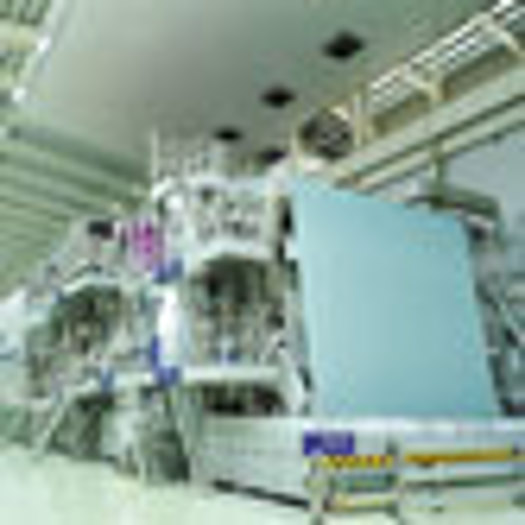The move, which also marks the first time the EU has ever imposed anti-subsidy tarrifs against Chinese imports, follows a 15-month investigation by the European Commission and a six-month provisional anti-dumping duty of up to 39.1% that was widely criticised by the print industry.
Andrew Brown, BPIF public affairs adviser, said he was very disappointed, and that he would continue to press Intergraf on lobbying the Commission in relation to the "uneven playing field that we now have in relation to China between imported white paper, which carry duties, and imported printed matter, which does not".
He said: "This is the kind of problem you get when you interfere with the market by going down the protectionism route - addressing one 'so-called 'problem' begets another one somewhere else."
The EU investigation found that the dumped and subsidised Chinese exports "exerted undue price pressure on the EU market" and had "a significant negative effect" on European producers of high quality printing paper.
John Clancy, EU trade spokesman, said: "This is the first time we have put in place measures against the strategic and targeted subsidisation of a specific industry by the Chinese government.
"All these subsidies are not in line with the obligations China signed up to when it joined the World Trade Organisation in 2001."
The EU said the investigation "brought to light that Chinese producers of coated fine paper exported their products to the EU at dumped prices".
CFP is a high quality paper that is used for magazines, catalogues and annual reports.
It includes both sheets and rolls that are suitable for use in sheet-fed printing machines. It does not include rolls suitable for use in web-fed presses.
The Commission concluded that CFP reels used in web and sheetfed printing were distinct, non-interchangeable products and that no web reels had been imported from China during the period of the investigation, nor were likely to be in future.
Chinese paper manufacturer Asia Pulp and Paper (APP) said it was considering all legal options available following the EU decision.
For APP, this imposes a combined anti-subsidy and anti-dumping duty of 20%, comprising 12% anti-subsidy duty and 8% anti-dumping duty, on imports of CFP from APP China.
The company said the case had been "fundamentally flawed from the outset, with an artificially narrow product scope and erroneous conclusions on the real cause of the alleged injury of the European producers".
Jukka Kantola, APP head of European business development, said the decision had been taken without due consideration of facts.
He said: "Chinese imports represent less than 5% of the EU market. There is no evidence that they have had any adverse impact on EU producers, indeed the complainants continue to improve their overall financial performance and have raised their prices by more than 10% in the last year."
He added that the decision was "clearly a protectionist measure" by the EU, and hurts Europe's printers and publishers at a time when they are already being squeezed by the economic situation and inflated prices driven by EU CFP producers.
Frank Leerkotte, CEPIFINE managing director, said that when its companies brought these cases to the Commission's attention, it did so because it was economically imperative to the sustainability of the industry and also as a matter of principle.
"If government subsidies and dumping are allowed to undercut fair and competitive prices the system would break down to the disadvantage of all but those nations with the means and intent to subvert internationally-recognised trade rules," he said.
"We are therefore gratified by the EU's decisions that vindicate the principles on which our actions were based."
He added that there has been talk of the potential of an appeal.
"We believe that the EU commitment to the rules of international trade is so clearly and powerfully expressed in these decisions, on the foundation of strong factual findings, that any appeal will prove futile.
"EU consumers and our customers will then be secure in knowing that they continue to benefit from an open and competitive market in coated fine paper."
Berry Wiersum, CEPIFINE director and chief executive of Sappi Fine Paper Europe, was unavailable to comment at this time.










